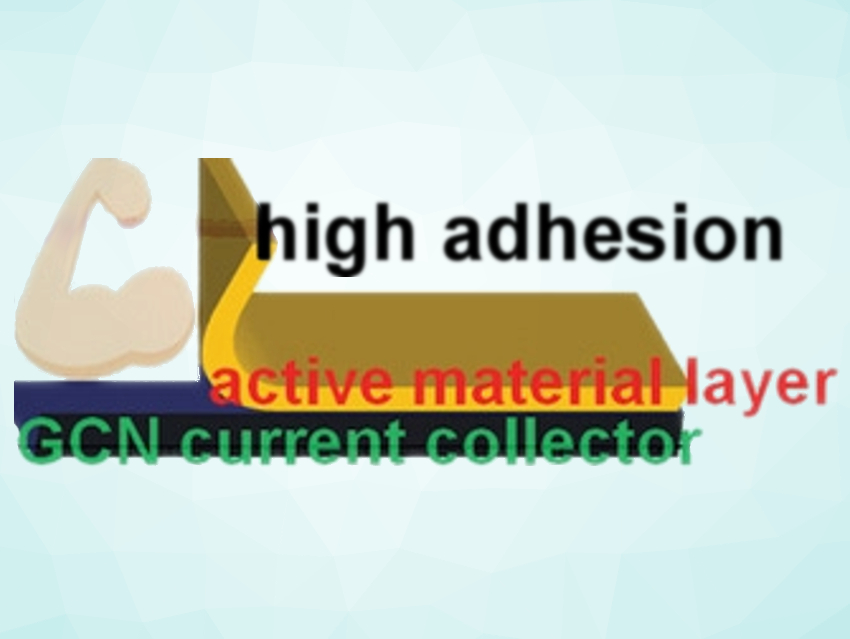Lithium-ion batteries are very commonly used because they provide high energy densities and have a long cycle life. However, they can have safety problems due to the use of organic electrolytes. Rechargeable batteries with aqueous electrolytes could reduce these hazards, as well as the environmental impact and cost of the batteries. However, their practical application is hampered by low energy densities and poor cycle stability. These drawbacks are caused, e.g., by corrosion of cathode current collector, exfoliation of the active material layer, and the narrow electrochemical stability window of aqueous electrolytes.
Zhiguo Hou, Jiangsu University of Technology, Changzhou, China, and colleagues have developed high-performance rechargeable aqueous Li+/Na+ hybrid ion batteries that provide a high energy density and a long cycle life. The batteries are based on LiMn2O4 cathodes, NaTi2(PO4)3 anodes, and an aqueous LiClO4/NaClO4 electrolyte with urea as an additive. The team developed a new corrosion-resistant, light-weight, and low-cost graphite- and carbon-nanotube (GCN)-coated nylon membrane to be used as the cathode current collector.
The carbon nanotubes and the graphite in the current collector provide electrical conductivity, and the nylon provides mechanical strength. The material ensures good adhesion between the active materials layer and the current collector (pictured). The urea additive in the electrolyte undergoes an electrochemical reaction to form an insoluble product, which is deposited on surfaces of the electrodes and substantially improves the electrochemical stability window of the electrolyte. The battery provides a high energy density of 95 Wh kg−1 and has excellent stability up to 10,000 charge/discharge cycles.
- Aqueous Rechargeable Li+/Na+ Hybrid Ion Battery with High Energy Density and Long Cycle Life,
Xueqian Zhang, Mengfei Dong, Yali Xiong, Zhiguo Hou, Huaisheng Ao, Mengke Liu, Yongchun Zhu, Yitai Qian,
Small 2020.
https://doi.org/10.1002/smll.202003585



